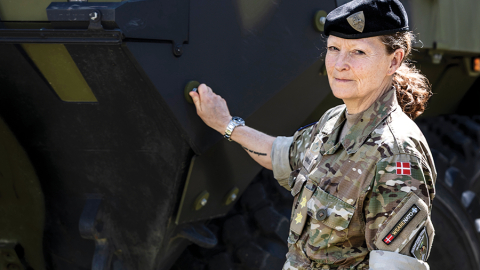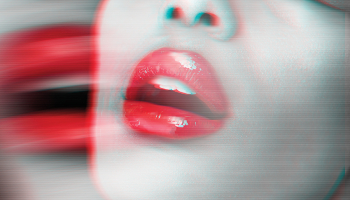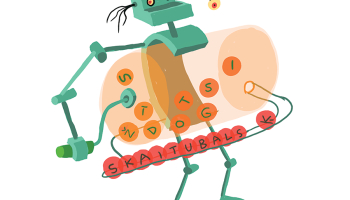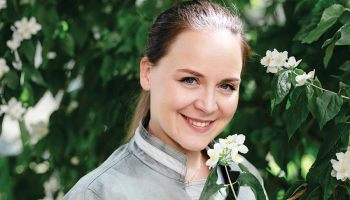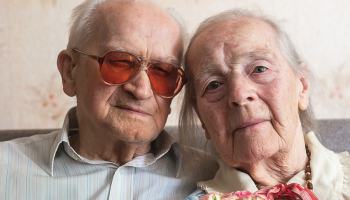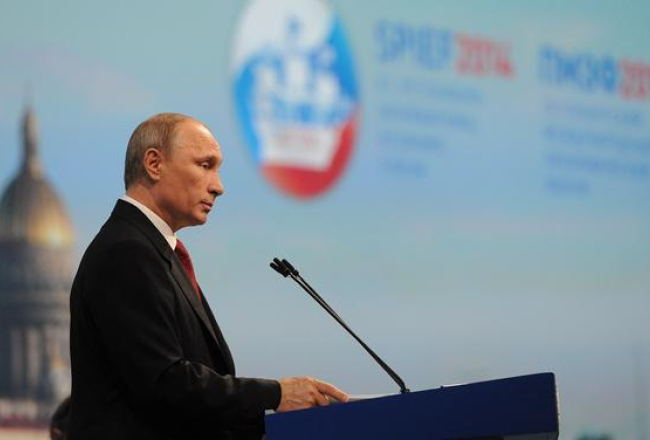
Krievijas prezidents Vladimirs Putins uzrunā 18.Starptautiskā ekonomiskā foruma dalībniekus Sanktpēterburgā. Foto: ITAR-TASS/LETA
In the bleak years of the 1930s, Winston Churchill was a brave and lonely voice, warning Britain and the world of the danger of Nazi aggression in Europe.
As the Putin regime in Russia dismembers its neighbours, we have Prince Charles, defended by Nick Clegg, deputy prime minister and leader of Britain's currently most unsuccessful political party, the Liberal Democrats. The heir to throne's private remark that Vladimir Putin was behaving like Adolf Hitler has made headlines around the world, and provoked furious scoldings from propagandists in Moscow and royal-bashers in Britain.
Admittedly, the heir to the throne is hardly the oracle of our day. The scores of often hectoring "black spider" letters he sends to government ministers are a timewasting abuse of his position. His views are often eccentric -- such as his obsession with homeopathy.
